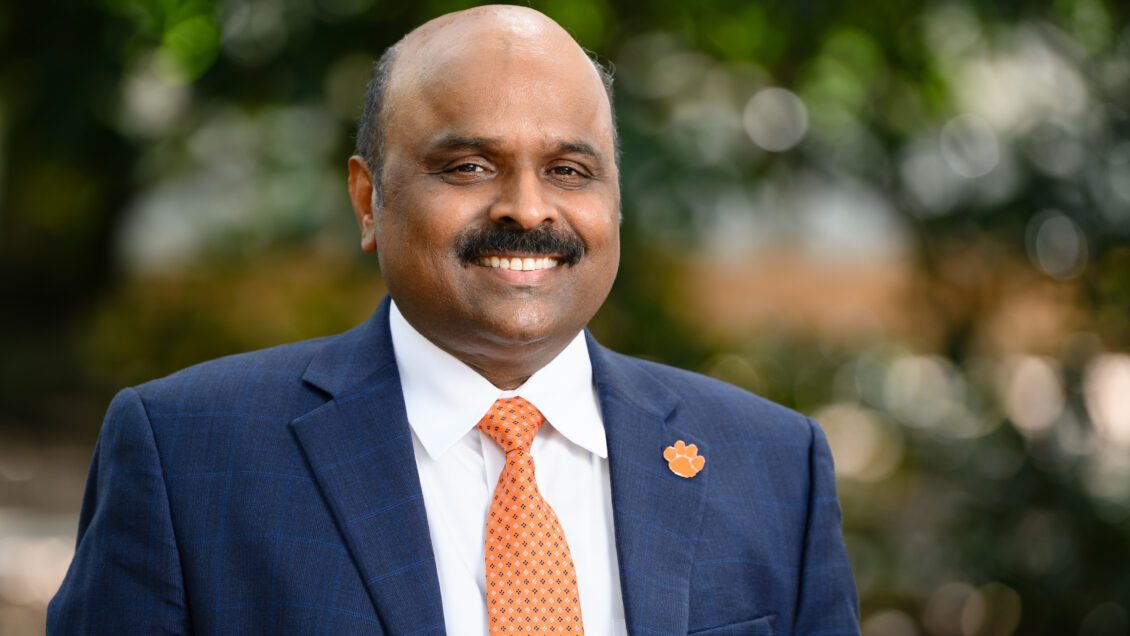Clemson University announced on August 15, 2025, that Ramesh Jeganathan has been appointed chair of its Department of Food, Nutrition and Packaging Sciences, a cross-disciplinary hub that connects fundamental science with real-world product development and safety. The move signals Clemson’s intent to expand research capacity and industry partnerships at a moment when food systems, consumer health, and sustainable packaging are converging priorities for universities and employers alike.
Jeganathan joins Clemson from Auburn University, where he served in several leadership roles, including Bruno Endowed Professor of Nutrition, graduate program director, and an interim co-associate dean for research and graduate studies. Those posts underscore a track record that blends lab-based discovery with academic administration – the combination most departments look for when they need to raise research productivity while keeping teaching and mentoring central to the mission. Clemson’s appointment notice highlights more than 25 years of experience and notes his prior roles in program leadership and strategic planning.
The new chair’s portfolio aligns with Clemson’s land-grant mandate to integrate education, research, and extension. Food, Nutrition and Packaging Sciences at Clemson sits at the intersection of agriculture, materials science, and human health, with faculty whose work ranges from food safety and processing to consumer behavior and advanced packaging. By elevating a leader with deep experience managing graduate training and winning competitive funding, the college is betting on renewed momentum in areas where university research can translate quickly into industry practice and public benefit.
For students and junior scholars, the most immediate impact may be day-to-day mentorship. Jeganathan’s leadership philosophy, as described in the announcement, centers on collaboration, shared governance, and a focus on student success. He has emphasized listening tours and relationship building as early steps, with priorities that include faculty development, strengthening the research enterprise, expanding graduate programs, and growing partnerships with industry and government. That approach fits the department’s applied character, where graduate students often collaborate with companies on packaging design, shelf-life testing, and nutritional analysis that directly inform product launches and consumer safety.

Why this appointment matters beyond Clemson comes down to timing.
Food systems are under pressure from climate variability, supply chain shocks, and evolving consumer expectations about health and sustainability. Packaging now carries a dual mandate: protect quality and reduce environmental impact. Departments that unite food chemistry, nutrition, and packaging science can help companies reformulate products, redesign materials, and meet stricter regulatory and market standards. By installing a chair who has managed graduate pipelines and collaborated across disciplines, Clemson positions itself to be a sought-after partner for regional growers, national brands, and startup ventures in the Carolinas and beyond.
The appointment also speaks to the role of leadership continuity in research universities. At Auburn, Jeganathan’s CV reflects years spent directing graduate programs and building a laboratory focused on the links between insulin signaling, type 2 diabetes, and neurodegenerative disease. Those experiences sharpen a pragmatic understanding of how to recruit doctoral students, align lab infrastructure with grant aims, and translate findings into publications and external funding. Transferring that know-how to Clemson should help accelerate the department’s push to expand sponsored research and deepen ties to federal agencies and industry.
Representation is another dimension worth noting. South Asian scholars are prominent across U.S. science and engineering, but leadership roles still matter for visibility and pipeline health. When a department that educates future dietitians, food scientists, and packaging engineers is led by a chair whose academic foundation began in India and matured in the United States, students see a model that validates international pathways and first-generation aspirations. That resonance can affect who applies, who persists, and who sees themselves as future faculty – outcomes that carry long-term dividends for workforce diversity in food and health sectors.
In practical terms, day one priorities at Clemson align with what stakeholders expect from a modern department chair: build consensus on a strategic research agenda, support faculty promotions and retention, modernize facilities where needed, and grow partnerships that create more hands-on learning for undergraduates while fueling thesis and dissertation projects for graduate students. With Clemson’s announcement already outlining aims like mentorship, interdisciplinary collaboration, and external visibility, the groundwork is set for a tenure that emphasizes both people development and measurable research output. If executed well, those choices will show up in grant tallies, peer-reviewed papers, student placement rates, and new or expanded collaborations with companies tackling nutrition, packaging sustainability, and food safety.
Ultimately, this is a local story with national implications. Departments like Food, Nutrition and Packaging Sciences supply the expertise behind safer products on store shelves, better clinical guidance on diet and chronic disease, and packaging innovations that reduce waste while preserving quality. Clemson’s decision to tap an experienced academic leader for this chair role suggests the university understands the stakes – and intends to be a contributor to solutions that matter for consumers, growers, and manufacturers alike.
Key Takeaways About Ramesh Jeganathan
- Appointed on August 15, 2025, as chair of Clemson’s Department of Food, Nutrition and Packaging Sciences.
- Brings 25-plus years in higher education, including roles as Bruno Endowed Professor and graduate program director at Auburn University.
- Research background spans metabolism and chronic disease, connecting nutrition science with population health needs. Sets priorities of faculty development, research growth, graduate education, and industry partnerships under a collaborative leadership model.
- South Asian academic whose early degrees from Indian institutions underscore global pathways into U.S. STEM leadership.



